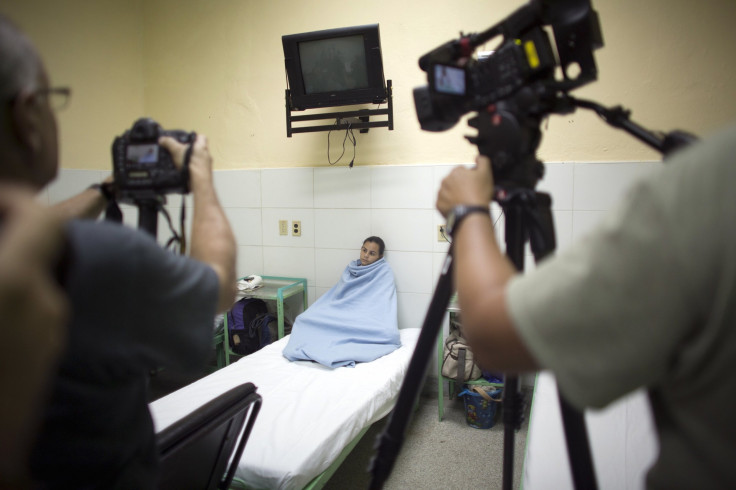Cuba, First Nation To Eliminate Mother-To-Child HIV And Syphilis; ‘Step Towards An AIDS-Free Generation’

In a landmark achievement for a nation, according to a World Health Organisation (WHO) press release, Cuba became the first country in the world to receive validation from the specialised agency that it has eliminated mother-to-child transmission of HIV and syphilis.
WHO’s Director-General Margaret Chan described it the "greatest public health achievements possible". "This is a major victory in our long fight against HIV and sexually transmitted infections, and an important step towards having an AIDS-free generation," Ms. Chan added.
The success could be attributed to the extensive health coverage, the improved access to antiretroviral drugs and increased attention to prenatal care. The country, at present, stands at 50 or lesser cases of mother-to-child transmission of syphilis or HIV per 100,000 live births.
WHO said, the special HIV and syphilis testing designed for expectant mothers, their partners, caesarean deliveries and substitution of breastfeeding have made a remarkable contribution in breaking of the infection chain.
Yet, health authorities highlighted, a small number of cases may persist despite the certification, as antiretroviral treatment to prevent mother-to-child-transmission of HIV are never 100 percent foolproof.
Hence, WHO along with the Pan American Health Organisation (PAHO) set the standard and maintained "a reduction of transmission to such a low level that it no longer constitutes a public health problem".
Meanwhile, the PAHO Director Carissa Etienne emphasised the universal access antiretroviral drugs (ARVs) and health coverage helped Cuba reach the milestone.
Records reveal, 1.4 million women living with HIV around the world become pregnant each year. Due to medical negligence, there are a 15 to 45 percent chance of passing the virus on to their children during various stages of pregnancy, at the time of delivery or while breastfeeding.
Good news is, the risk of transmission is just over one percent if antiretroviral medicines are given to both pregnant women and unborn babies at the right time. A 2009 figure show, the number of children born annually with HIV was 400,000, however, by 2013, the number had reduced to 240,000.
Contact the writer on barsha23@gmail.com






